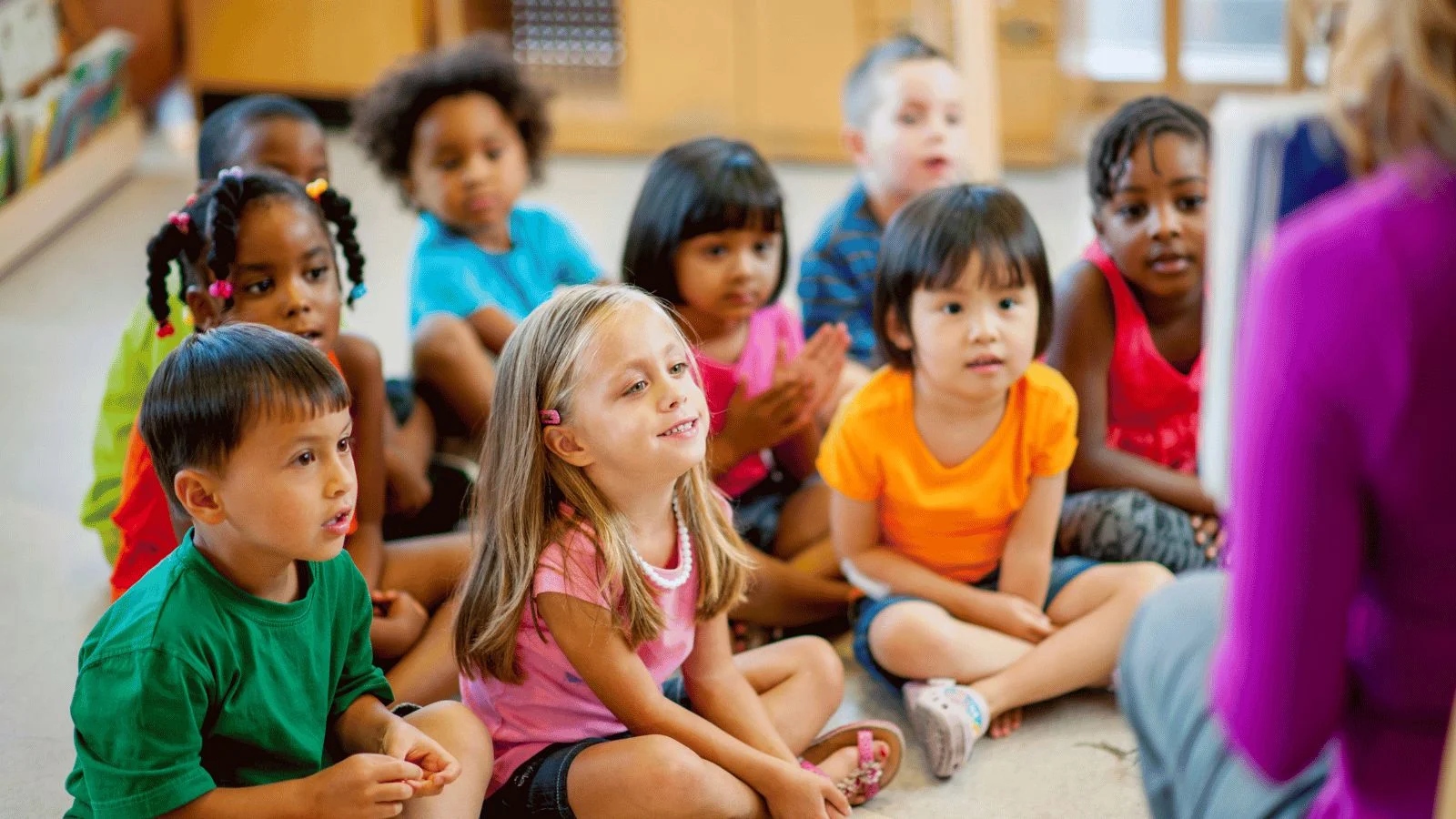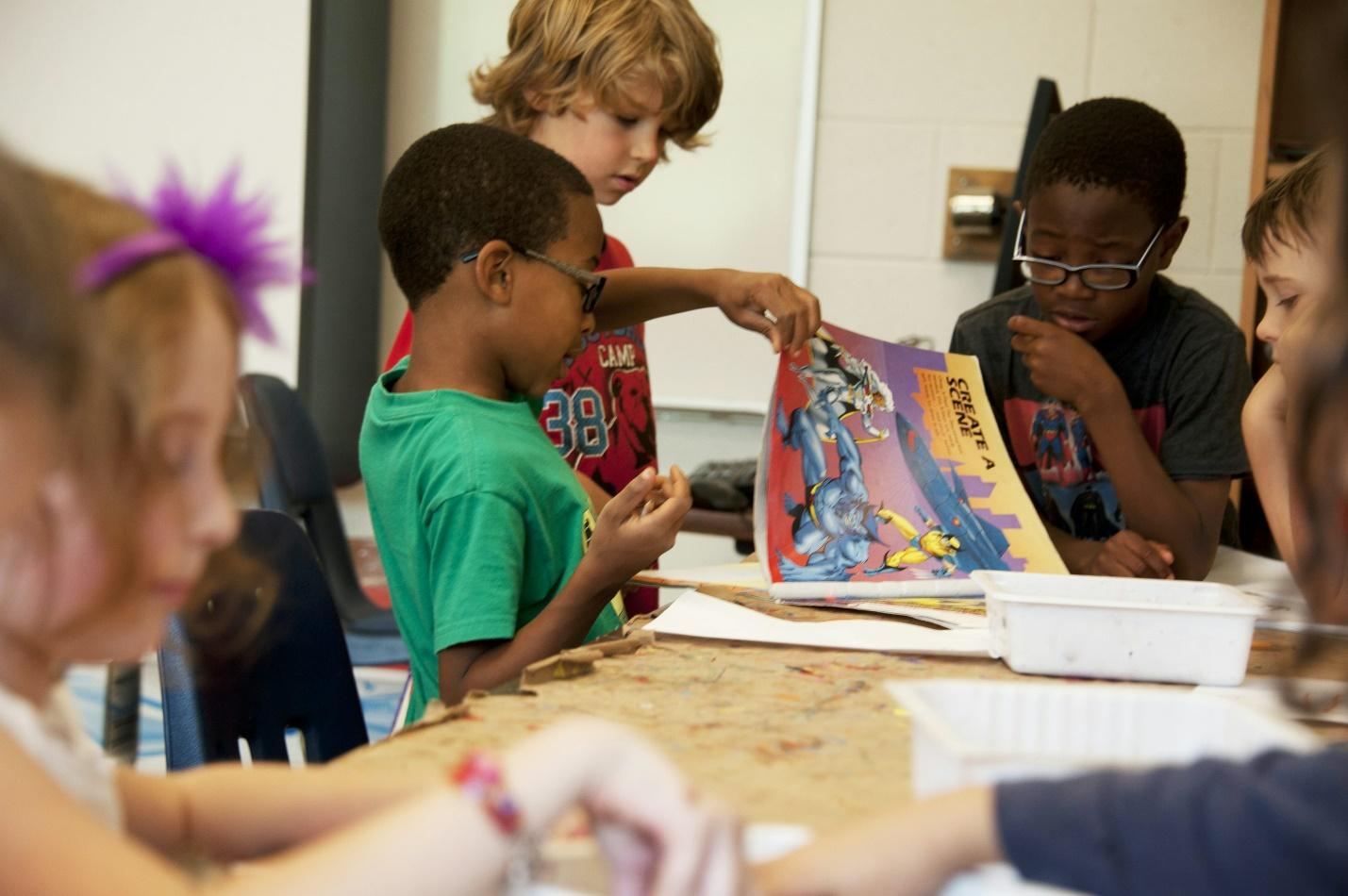Comments
- No comments found

Cultural diversity in education plays an incredibly essential role in today’s interconnected world.
As societies become more globalized, the ability to understand and appreciate different cultures is essential for children growing up in diverse environments. Schools play a crucial role in this process by exposing students to a variety of cultural perspectives and helping them develop a broader, more inclusive view of the world. Teaching children about cultural diversity enhances their academic experience and also prepares them to navigate and thrive in a multicultural society.
When children are exposed to different cultures from an early age, they learn to value diversity and recognize the richness that various cultural backgrounds bring to their lives.
Below, we will explore how educators can promote cultural diversity in schools and the benefits this brings to students.

Schools are pivotal in shaping young minds, and educators have a significant responsibility in promoting cultural diversity within the classroom. By integrating cultural awareness into the curriculum, schools can create an environment where students learn to appreciate and respect differences. Teachers play a crucial role in this process, as they are the ones who interact with students daily and influence their understanding of the world. To effectively promote cultural diversity, educators need to be equipped with the knowledge and skills to teach in a way that is inclusive and sensitive to the diverse backgrounds of their students.
Training teachers to manage and teach in culturally diverse classrooms is essential. Educators must be prepared to address the challenges and opportunities that come with teaching students from various cultural backgrounds. This includes understanding cultural differences, being aware of potential biases, and creating an inclusive classroom environment where all students feel valued. To equip educators with these skills, offering masters of education online programs can be particularly beneficial. These advanced programs allow teachers to continue their professional development while balancing their work and personal lives. The flexibility of online learning makes it accessible to a wider range of educators and enables them to gain the expertise needed to foster cultural diversity in education.
Integrating cultural diversity into the curriculum is a vital step in raising globally-minded children. Schools can achieve this by including a wide range of cultural perspectives in subjects such as history, literature, and social studies. For instance, history lessons can be enriched by exploring events from multiple cultural viewpoints, while literature classes can feature works from diverse authors that reflect various cultural experiences. This approach helps students understand that history and culture are not monolithic but are shaped by a variety of perspectives.
Using culturally diverse teaching materials is another effective way to incorporate cultural diversity into the curriculum. Textbooks, multimedia resources, and classroom activities should reflect the diverse backgrounds of students, making the learning experience more relevant and engaging for everyone.
Most importantly, celebrating cultural events and holidays within the school environment can foster a deeper appreciation for different cultures. These celebrations provide students with the opportunity to learn about traditions, customs, and values that may be different from their own.
Raising globally-minded children has numerous benefits that extend beyond the classroom. Children who are exposed to cultural diversity from an early age develop important life skills such as empathy, tolerance, and open-mindedness. These traits are crucial for building relationships and working effectively with people from different cultural backgrounds. As the world becomes more interconnected, these skills will become increasingly valuable, not only in personal interactions but also in professional settings.
Culturally diverse education also prepares students for global citizenship by helping them understand their role in a larger, interconnected world. Students who learn about different cultures and global issues are more likely to become informed, responsible citizens who are capable of contributing positively to society. Moreover, they are better prepared for future careers in a globalized economy, where the ability to work across cultures is a significant asset.
Engaging families and communities is crucial to successfully promoting cultural diversity in education. Schools cannot do this work alone; they need the support and involvement of families and community members to create a truly inclusive environment. Involving families in cultural education helps reinforce the values and lessons taught in school. This way, children receive consistent messages about the importance of diversity. Schools can invite parents and community members to participate in multicultural events, share their cultural traditions, or serve as guest speakers. This collaboration enriches the learning experience by bringing real-world perspectives into the classroom.
Furthermore, schools can encourage families to share their home cultures with their children and the school community. Bilingual education, for example, is an effective way to honor and integrate the linguistic diversity of students while enhancing their cognitive and social development.
Implementing cultural diversity in schools is not without its challenges. One common obstacle is resistance to change, whether from within the school system or the broader community. Some educators and parents may be hesitant to embrace new teaching methods or curricula that focus on cultural diversity, fearing that these changes may disrupt traditional educational practices. To address this, schools need to foster open communication and provide clear explanations of the benefits of a culturally diverse education. Educators should be supported with professional development opportunities that help them understand and implement culturally responsive teaching practices.
Another challenge is the lack of resources available to support cultural diversity initiatives. Schools may struggle to find diverse teaching materials or lack the funding to host multicultural events and activities. To overcome these barriers, schools can seek partnerships with local organizations, cultural institutions, and businesses that are willing to provide resources, funding, or expertise. Additionally, leadership within the school is crucial in promoting cultural diversity. School administrators must prioritize diversity initiatives and provide the necessary support to teachers and staff for successful implementation. With the right resources and commitment, schools can overcome these challenges and create an inclusive learning environment for all students.
Cultural diversity in education is essential for raising globally-minded children who are prepared to succeed in an interconnected world. Despite the challenges, the benefits of fostering cultural diversity in education are far-reaching, from developing empathetic and open-minded individuals to preparing students for successful careers in a globalized economy.
Leave your comments
Post comment as a guest